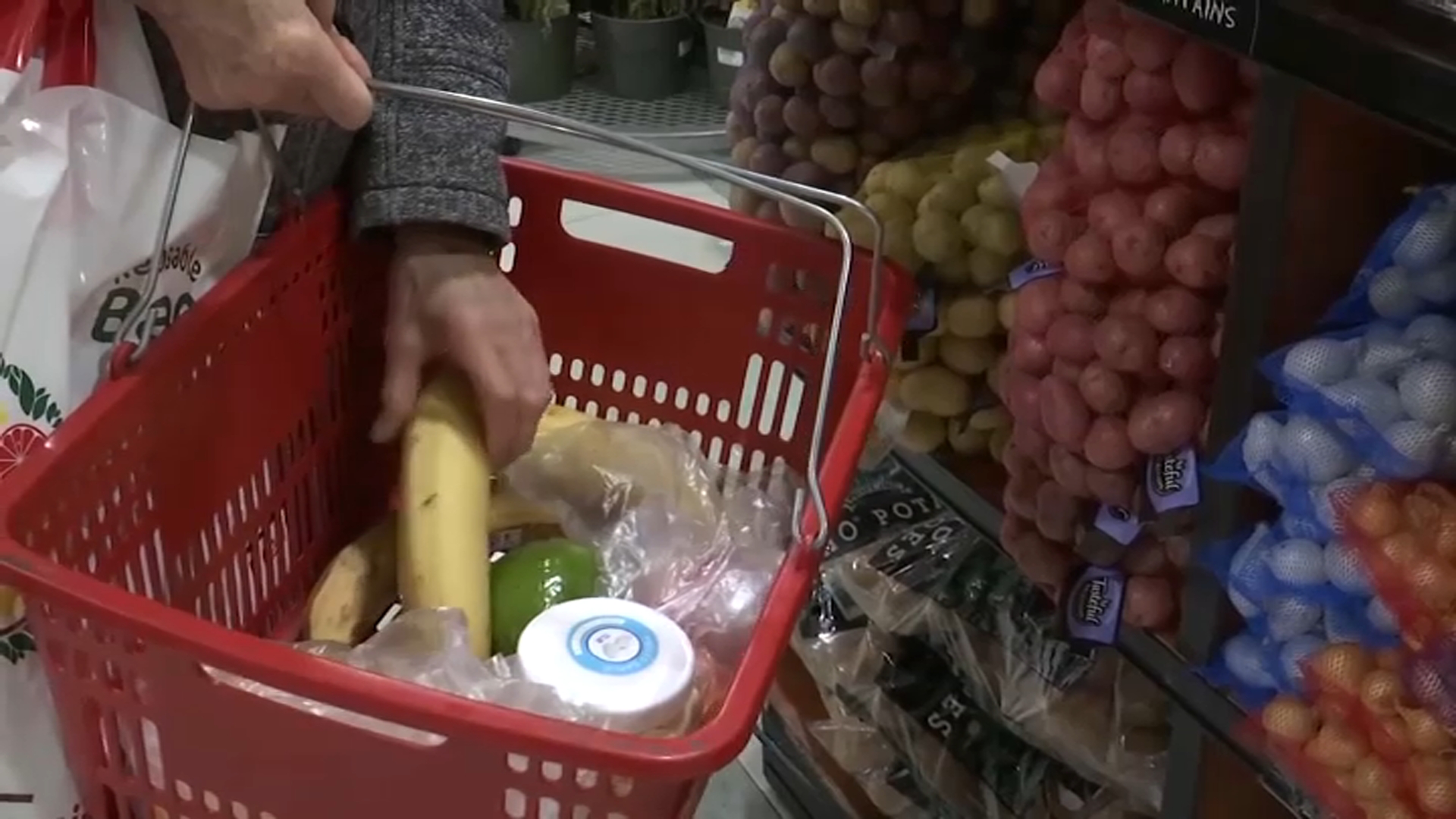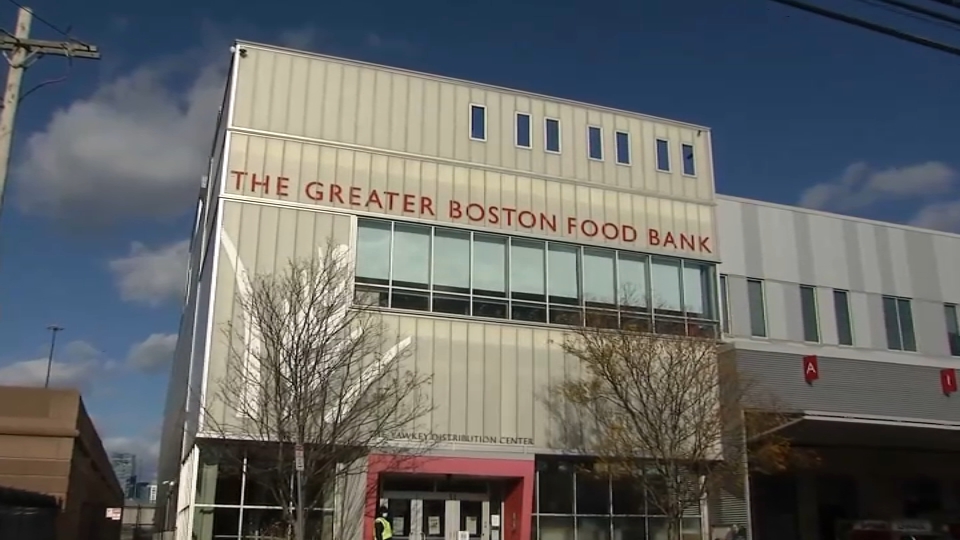Boston could soon be a leader in the fight against food insecurity, according to two city councilors who have proposed a food recovery program.
The ordinance being proposed by Boston City Councilors Gabriela Coletta and Ricardo Arroyo would require food that vendors would otherwise throw away to be donated to nonprofits.
"I've personally seen hundreds of people in my district in East Boston and in Charlestown waiting for hours in the cold to obtain boxes or bags of food in order to feed their families for the week," Coletta explained.
Arroyo, the other co-author of the proposed ordinance, said he and Coletta spent the last 18 months on the plan.
Get New England news, weather forecasts and entertainment stories to your inbox. Sign up for NECN newsletters.
"We think that there's a good percentage of good, edible food that's being lost in that process that could go to feed hungry people in the city," said Arroyo. "Food insecurity is possibly one of the largest amounts of phone calls that we get. People looking for access to food, people looking for access to programs that have food."
The proposal will be heard for the first time on the floor of Wednesday's meeting of the Boston City Council.
More on the fight against food insecurity
Under the ordinance, food vendors would have to donate their leftovers to organizations that feed hungry people instead of letting them end up at the landfill.
The plan would be rolled out in two phases:
Tier 1 would begin in 2025 and include large vendors -- grocery stores larger than 10,000 square feet; restaurants with at least 250 seats or larger than 5,000 square feet; hotels with at least 100 beds; and schools, colleges and local and state agencies.
Tier 2 would begin in 2026 and include smaller places that generate excess food.
"I think a lot of folks are wondering why we haven't done this sooner," said Coletta.
Harvard Law School's Food Law and Policy Clinic helped research and devise the plan logistics.
"There is certainly the evidence out there to know that this can be successful," said Professor Emily Broad Leib, who directed the research.
She told NBC10 Boston that a lot of the plan was based off statewide programs that exist in California, New York and Washington.
It would also build from a 2014 law in Massachusetts that limits how much food can be contributed to a landfill.
"A lot of food that's wasted is still very much edible. You or I would eat that food, but it gets to the end of its date label, which many of those labels are about quality and not safety," said Broad Leib. "This is really saying that there's a requirement on businesses to make sure that food that is edible is stored properly and gets to people who need it."
According to Project Bread, the food insecurity rate among Massachusetts households is nearly 17%. The Greater Boston Food Bank has recently said that one in three Massachusetts adults grapples with food insecurity.
Some restaurant employees said Monday night they were willing to step up to the plate.
"We have a bunch of breakfast goods that we can't get rid of, and we have to throw them out at the end of the night," explained Leo Battite, a manager at Sugar Bakery in West Roxbury. "If we can do a little thing, I think it'll go a long way and help everyone out greatly in the city of Boston, so I think they should go for it."
According to Arroyo, fines would be imposed to enforce the ordinance, although those amounts have not yet been set.



